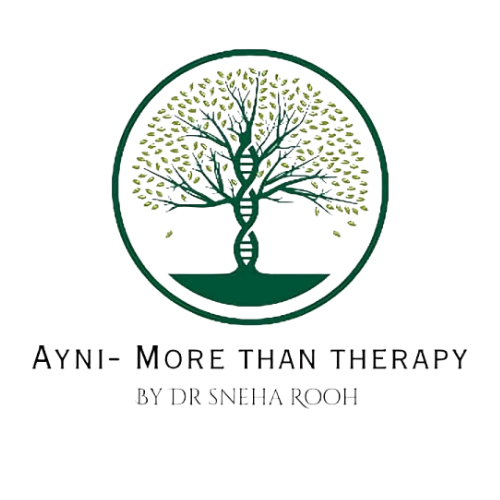Palliative care and Grief work
Palliative care
Palliative Care focuses on providing relief from the symptoms, pain, and stress of serious illnesses. It prioritizes the quality of life for patients and their families, addressing physical, emotional, spiritual, and social needs. Palliative care is not limited to end-of-life situations—it can be provided alongside curative treatment for anyone dealing with a life-limiting condition. The aim is to ensure comfort, dignity, and support during a challenging time.


Grief work
Grief Work comes into play both during and after palliative care. It refers to the process of acknowledging, processing, and moving through the intense emotions and sense of loss that arise after the death of a loved one or during anticipatory grief (grief experienced before the actual loss occurs).
Together, palliative care and grief work provide comprehensive care for both patients and families, addressing not only physical symptoms but also the emotional and spiritual challenges that come with life-limiting illness and loss. This combined approach offers support and compassion to those facing the most difficult transitions in life.
Have any questions? Send us a message!
Key aspects of palliative care include:
- Pain and symptom management: Alleviating physical discomfort such as pain, nausea, and breathing difficulties.
- Emotional support: Helping patients and families cope with the emotional and psychological impacts of illness.
- Spiritual care: Addressing existential questions, providing comfort based on the patient’s spiritual beliefs or needs.
- Holistic approach: Incorporating medical, social, and psychological care, often involving a multidisciplinary team.


Grief work often involves:
- Recognizing and accepting the reality of loss: Coming to terms with the permanence of death or impending loss.
- Emotional processing: Allowing space for emotions like sadness, anger, confusion, or relief, and working through them.
- Adjusting to life: Learning to adapt to life without the deceased or while caring for a terminally ill loved one.
- Finding meaning: Many individuals seek to make sense of the loss, often turning to their spiritual beliefs, community, or personal values.
- Ongoing support: Bereavement counseling, support groups, or personal rituals can play a critical role in navigating the grief journey.
